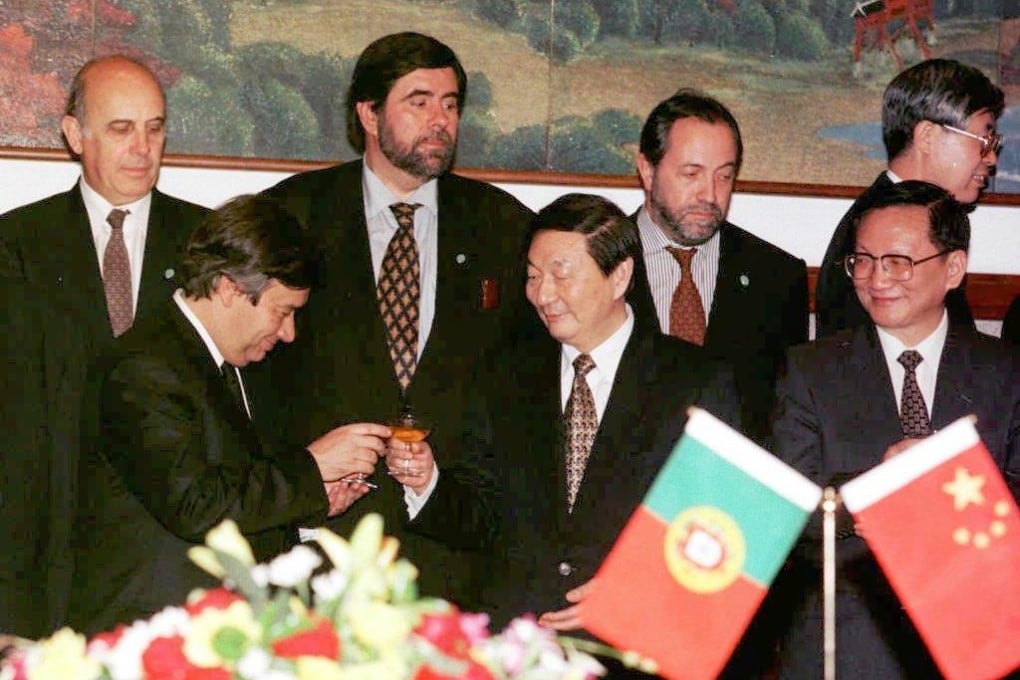Book review: Portugal, China and the Macau Negotiations 1986-1999, by Carmen Amada Mendes
In 1985, as Portugal prepared to negotiate the handover of Macau, its foreign ministry did not have a single diplomat who spoke Putonghua nor a department dedicated to its last colony.

by Carmen Amado Mendes
HKU Press
In 1985, as Portugal prepared to negotiate the handover of Macau, its foreign ministry did not have a single diplomat who spoke Putonghua nor a department dedicated to its last colony. In addition, the country had two, often conflicting, centres of power: its president and prime minister.

That is the main story of , the first book in English to provide a detailed account of this historic event from the Portuguese perspective. Author Carmen Amado Mendes, professor of international relations at the School of Economics, University of Coimbra, in Portugal, has used a wealth of sources and interviews, mainly on the Portuguese side.
Lisbon had a weaker card than London when the British worked on the handover of Hong Kong. But it had one ace up its sleeve: the threat to abandon Macau and refuse to negotiate. Lisbon had given up de facto sovereignty in 1966-67, its last troops had left in 1976, and its economic interests in Macau were limited. The threat to walk away was therefore credible. But, for Beijing, this was unthinkable: Hong Kong and Macau were dry runs for Taiwan; the negotiations had to be concluded successfully and both sides satisfied.
